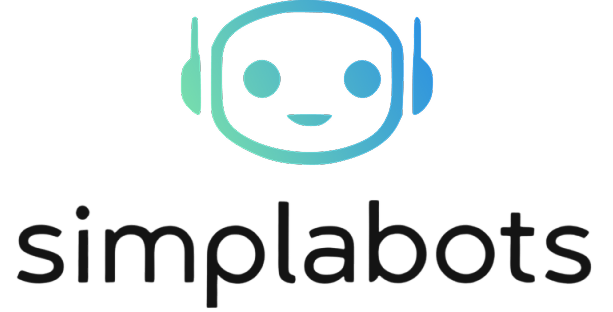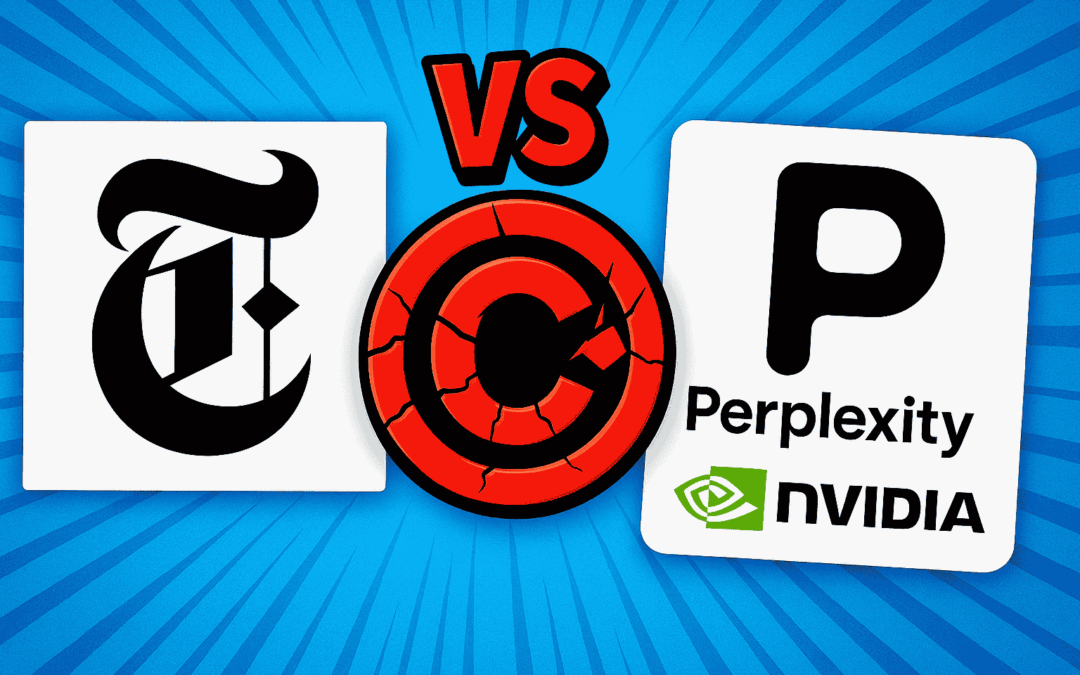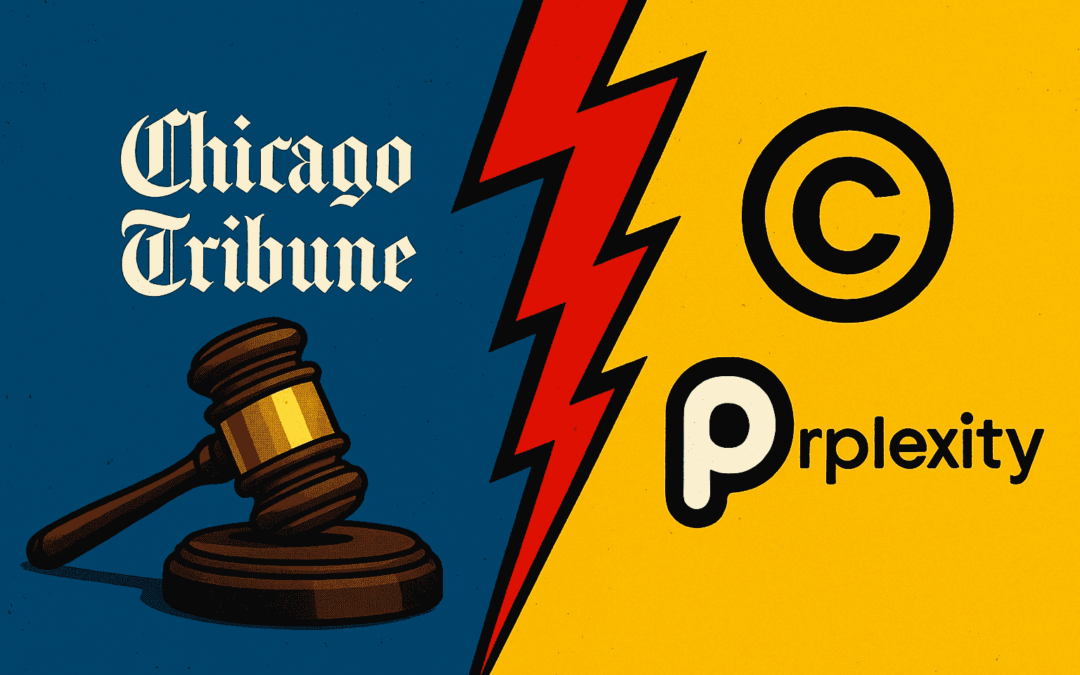The Medicines and Healthcare products Regulatory Agency (MHRA) in the UK has launched a program to accelerate access to safe, innovative AI-powered tools for patient care.
This move is set to streamline the regulatory pathway for health-related AI applications, fostering rapid adoption of trustworthy solutions in clinical settings.
As AI transforms healthcare, developers, startups, and professionals must quickly adapt to changing compliance frameworks, balancing speed to market with robust oversight.
Key Takeaways
- UK’s MHRA has launched a fast-track regulatory program for AI health technologies.
- New AI tools in healthcare can enter NHS adoption pathways more efficiently.
- The initiative prioritizes both safety and rapid innovation, impacting startups and established developers.
- Regulatory clarity aims to support scaling AI medical solutions across the UK health system.
Implications of MHRA’s Fast-Track AI Pathway
The MHRA’s new approval process represents a significant update for those using and developing AI in healthcare. Focused on AI-powered diagnostic and decision-support systems, the program streamlines regulation without compromising strict safety standards.
“Regulatory clarity and speed are set to encourage broader adoption of AI-powered diagnostics and therapeutics within the NHS.”
The MHRA program aligns with similar efforts by the FDA in the US, signaling a global shift toward enabling responsible AI in medicine.
What This Means for Developers and Startups
For AI startups and solution providers, this initiative unlocks an agile route to clinical market access.
Companies working on generative AI, medical imaging AI, and large language models for healthcare can now navigate a simplified evaluation process, provided they meet key quality and safety benchmarks.
“Startups and developers must match innovation pace with rigorous validation to succeed in the UK’s evolving regulatory environment.”
Early-stage ventures will benefit from clear guidelines and support from regulatory bodies, reducing uncertainty and costly delays.
Opportunities and Challenges for Healthcare AI Operators
The UK’s fast-track program reflects a broader trend: health systems globally want to accelerate the safe adoption of AI medical tools. NHS partnerships can now scale digital health innovations—from automated triage to AI radiology—driven by regulatory support.
Yet, compliance and real-world validation remain non-negotiable. NHS Digital, for example, maintains rigorous standards for software across cybersecurity, data privacy, and performance.
Recent guidance also emphasizes transparency and clear reporting for all AI-driven decisions impacting patient outcomes.
How the Fast-Track Program Works
- Developers can submit AI medical tools to MHRA’s new regulatory sandbox.
- Selected projects gain tailored guidance and expedited feedback cycles.
- Upon successful evaluation, products receive clear pathways toward widespread NHS adoption.
“Faster regulatory processes promise earlier real-world clinical validation—and advantage for AI innovators who prioritize patient safety.”
The program’s emphasis on collaborative oversight (consisting of regulatory, clinical, and ethics input) aims to catch emerging risks from adaptive or self-learning AI models before they impact scale deployments.
Global Context and Future Outlook
The UK’s proactive approach mirrors accelerated efforts in the US (FDA’s Digital Health Center of Excellence initiatives) and the EU (AI Act provisions for medical AI).
With LLMs like GPT-4 and bespoke foundation models being trialled in hospitals worldwide, regulatory partnerships like MHRA’s sandbox model will likely shape the pace of generative AI adoption across healthcare.
For tech leaders and AI professionals, the message is clear: Design trustworthy systems, engage early with regulators, and focus relentlessly on patient benefit. The future of healthcare AI hinges on this evolving, dynamic interplay between innovation, safety, and real-world evidence.
Source: Artificial Intelligence News











